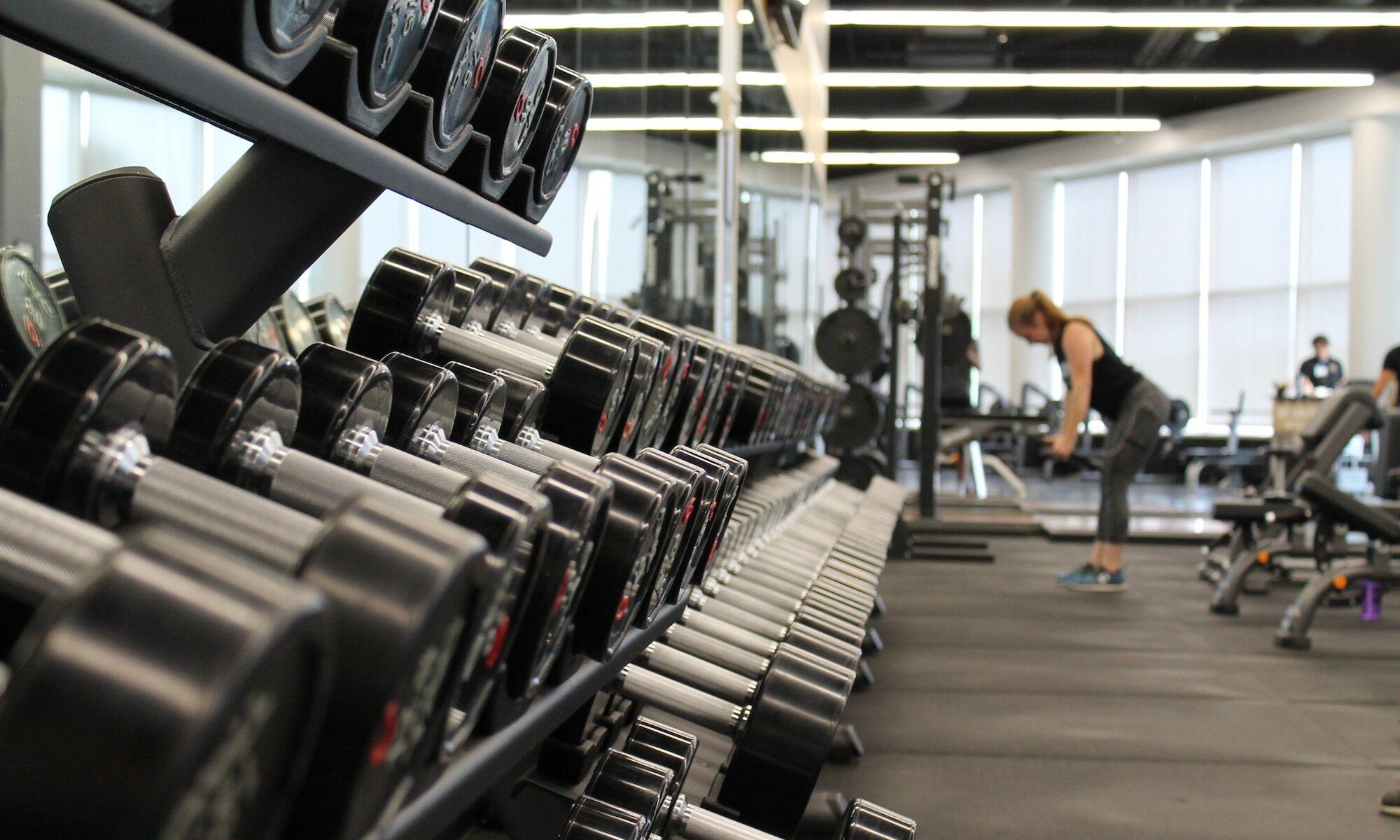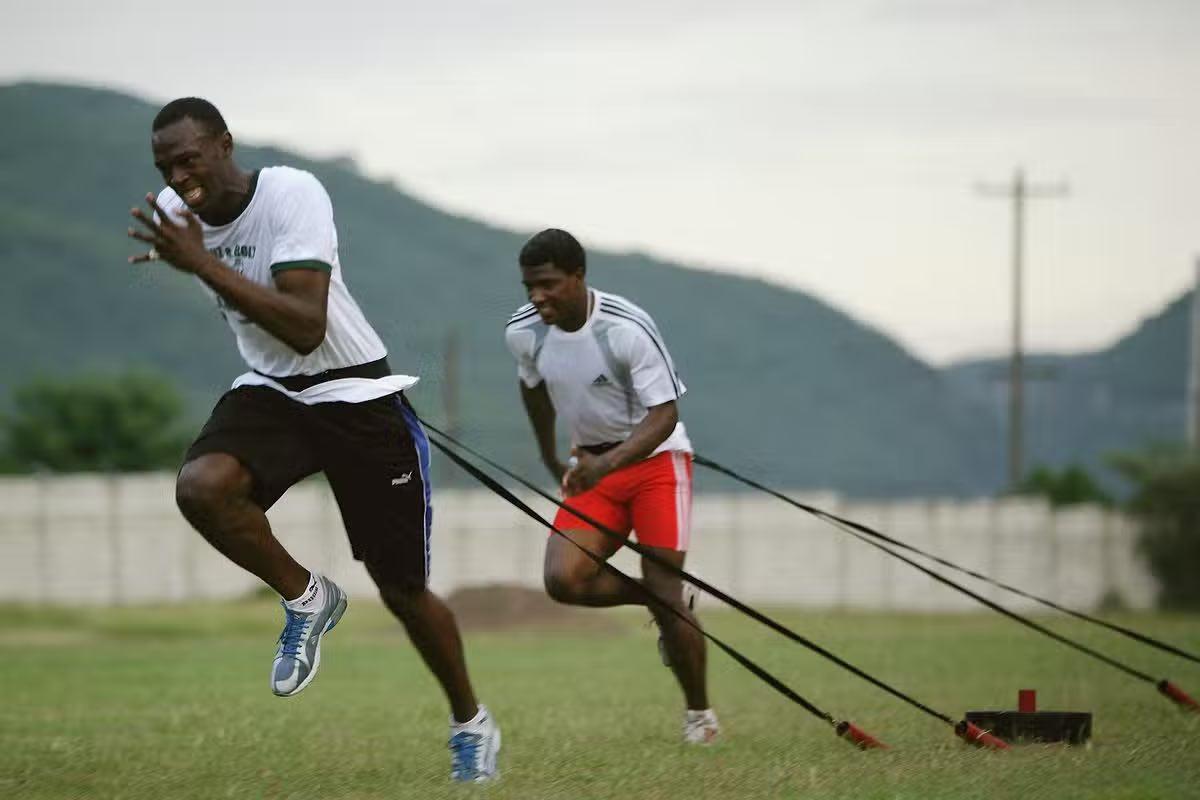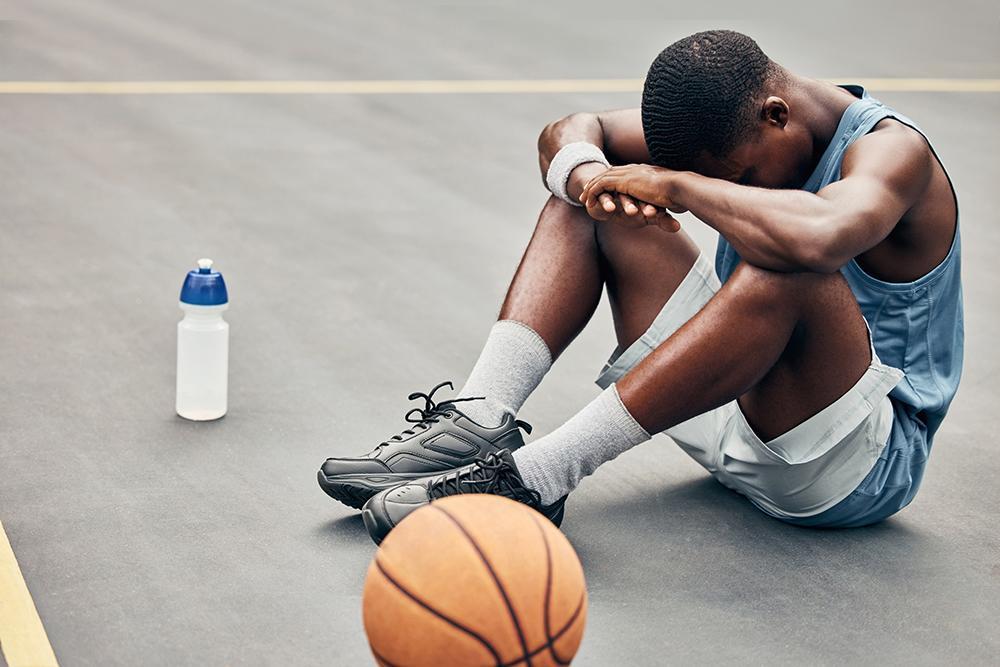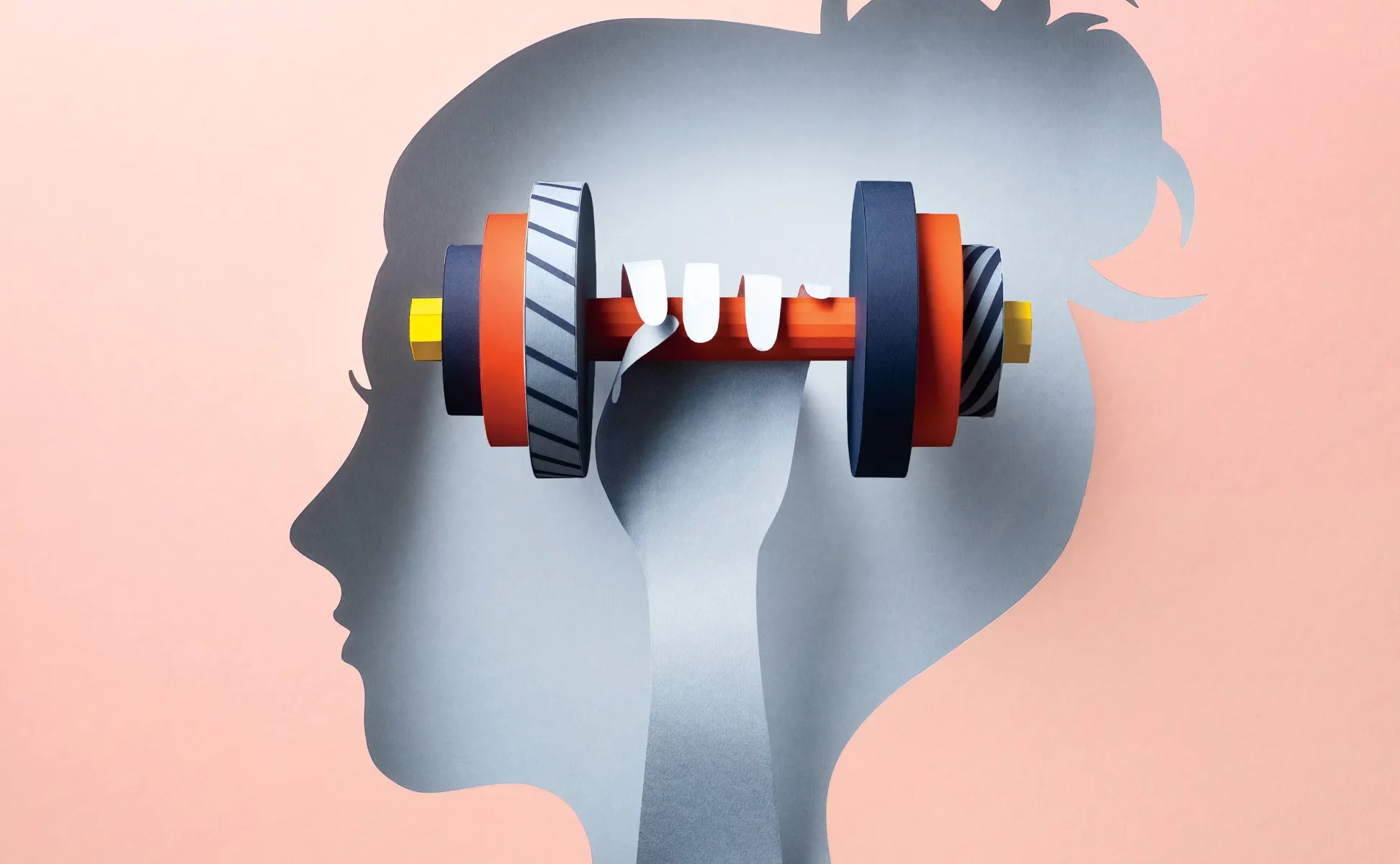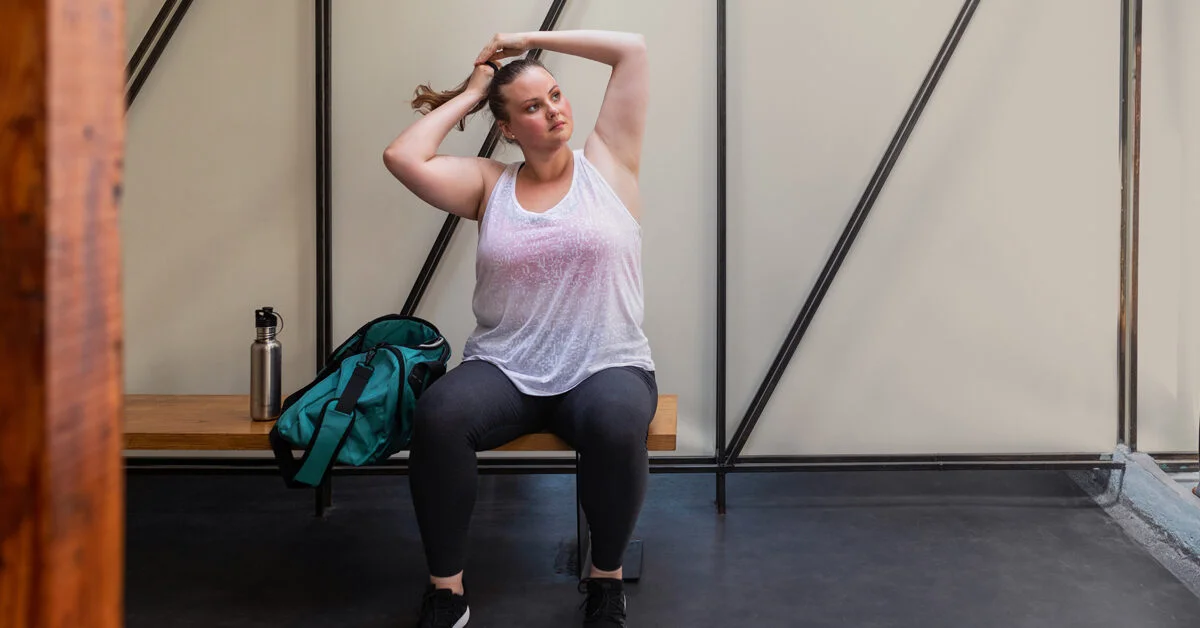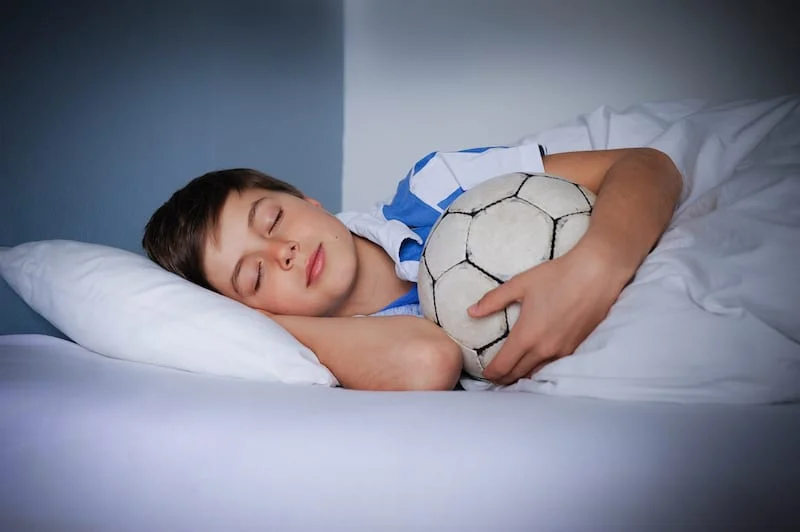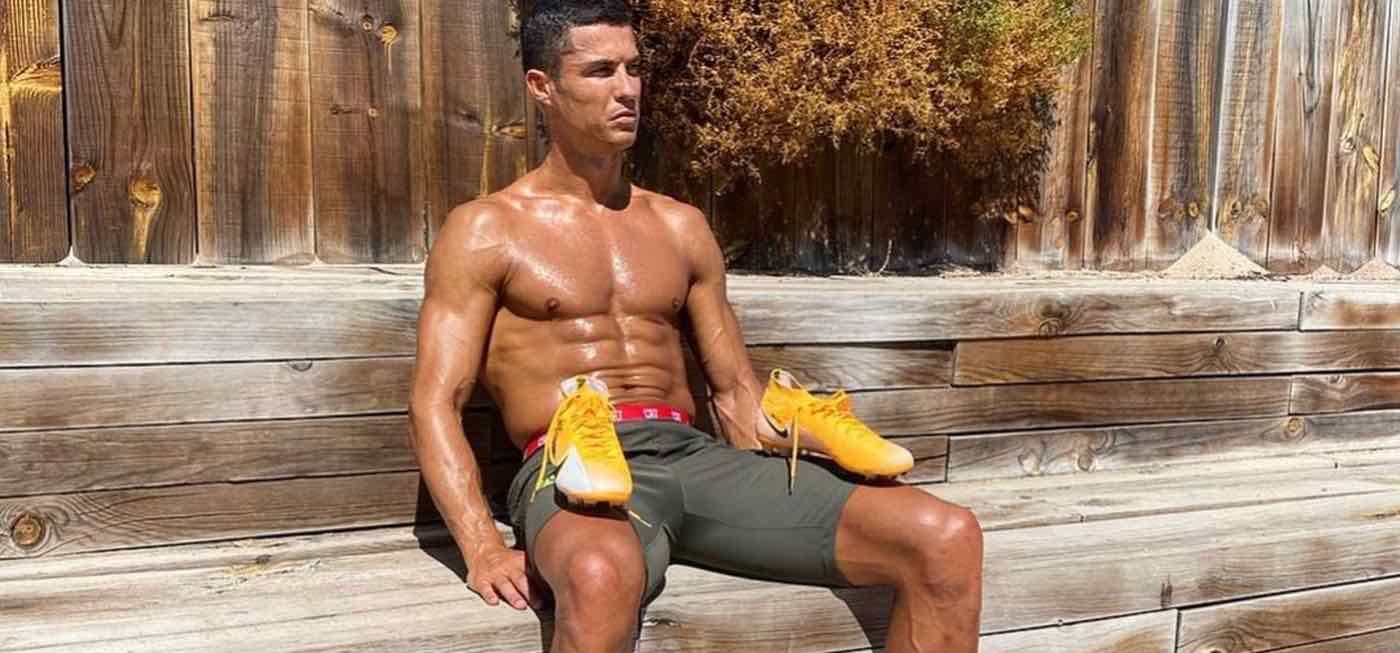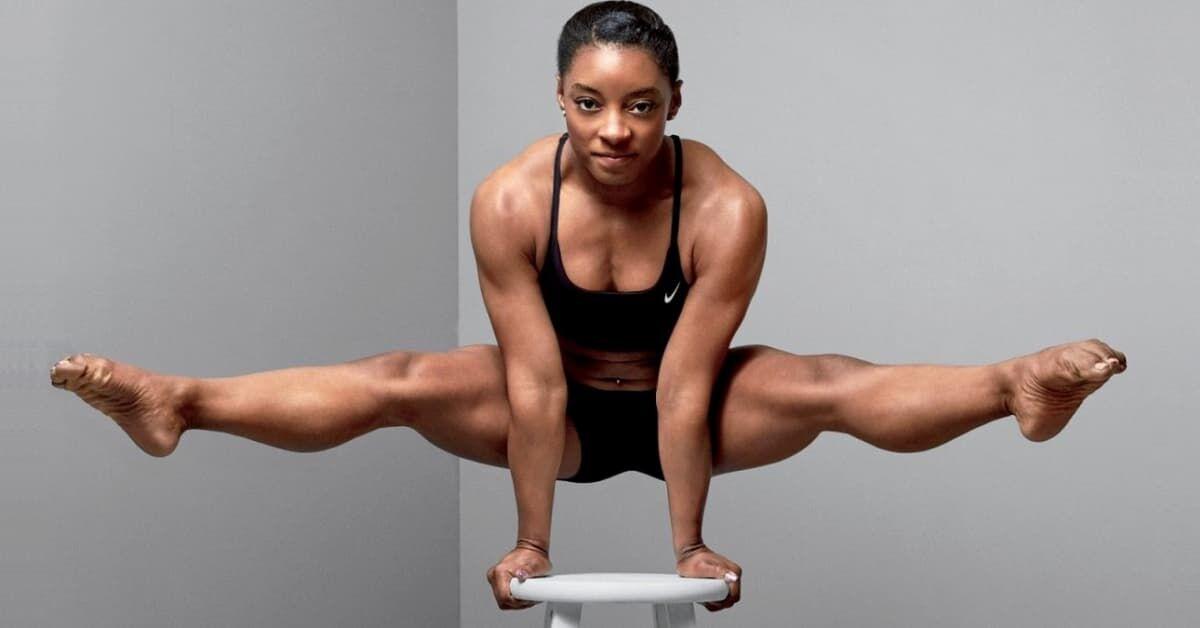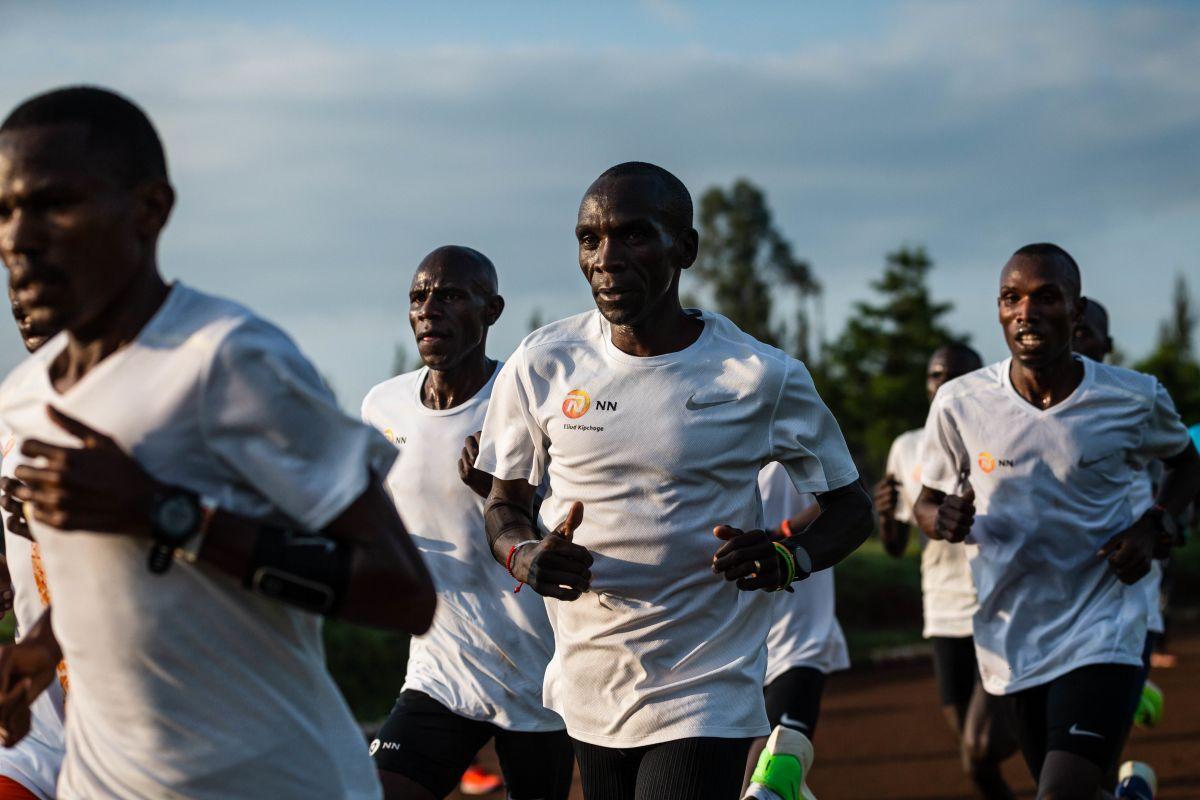Behold the mighty Usain Bolt – the human equivalent of a lightning strike, whose name reverberates in the hallowed halls of athletic excellence. His reign in the world of sprinting, akin to a mythical titan striding the track and field cosmos, has turned heads and set hearts ablaze. We, the proud assembly of the Fitness …
Continue reading “Usain Bolt: Sprint Training and Nutrition – Unveiling the Fitness Warrior”
